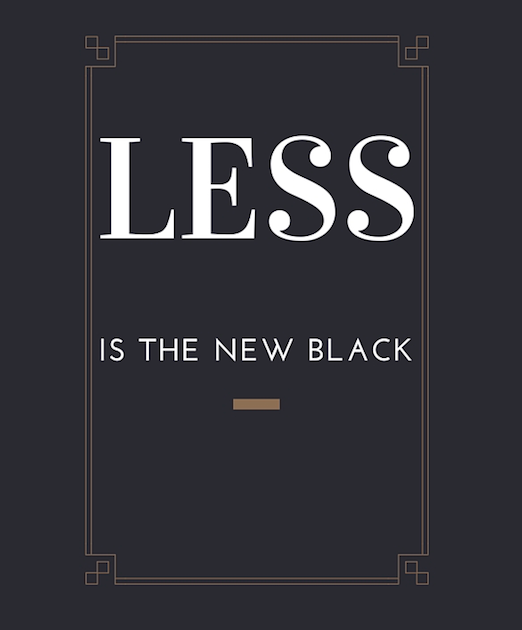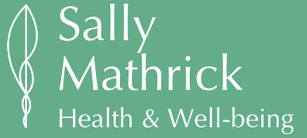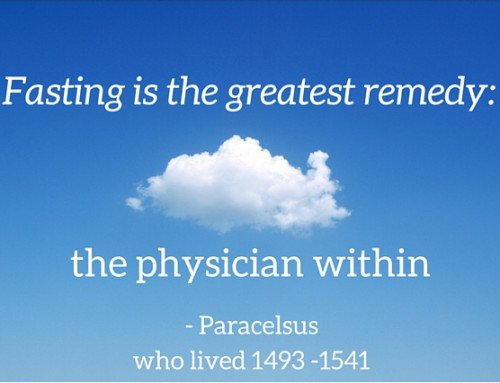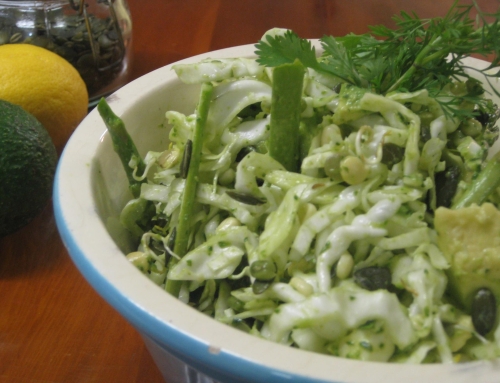Many people baulk at the idea of fasting! Some people couldn’t imagine how they would survive, even a few hours, without food.
Yet, there are many people embracing fasting with both hands, due to the remarkable benefits to cellular function and healthy longevity. And because of how good it makes them feel!
Intermittent Fasting (I.F.) has been trending since the mid ‘teenies. It is beginner level fasting, that delivers good benefits.
There are many different I.F. methods promoted widely, and a dizzying array of ‘expert’ voices suggesting the ‘right’ way for you to fast.

I.F. methods boil down to two general approaches:
APPROACH 1. Restrict calories one day then eat normally for other days.
Essentially this is a calorie controlled, restricted eating program. To be clear, this is more like intermittent dieting than intermittent fasting.
The pioneer researcher in this area is Krista Varady. She showed how this is effective for weight management for obese people, while enhances other measurable, health biomarkers protective against chronic diseases. This research is the basis of Michael Mosely popular 5:2 Diet
In this approach, you eat your normal diet three to five days each week, and then eat only a quarter of your normal calories (between 500 or 600 calories), two to four days a week.
PROs: This approach has a learning curve regarding how many calories are in the foods you consume on the diet days. This can be empowering. Also, because you know you can eat something “forbidden” the very next day, it’s easier to delay the gratification and stick to the diet.
CONs: Getting caught up or obsessed with the calorie numbers can be problematic for some. Also, there’s no emphasis on quality of foods. Often this type of diet permits diet “food-like-products” or highly processed, nutrient depleted foods.
APPROACH 2. Eat only within a limited time window
Fasting for certain hours and eating in others is called time-restricted feeding or chrono-nutrition (chronos being the Greek personification of time). It essentially directs us to not consume calories, aka fast, for a defined period every 24 hours. After 12 hours of fasting your body uses up most of its carbohydrate reserves, so it starts to use alternative fuel sources. This places a mild physiological stress on the body, which as been associated with building resilience in the brain and other organ systems.
PROs: There’s no need to count calories. It’s easy to just delay eating for a few more hours. Frees up time and thinking about food, to only one part of the day. That is, often only one large or perhaps two meals eaten each day, instead of three or four. It dips into a mild ketosis mode, which seems to be key to the beneficial physiological effects. Most importantly (from a naturopathic perspective) during abstinence, your digestive system rests and rejuvenates.
CONs: Quality foods are not always highlighted, particularly for breaking the fast.
Watch this TED talk of Dr Bert Herring’s take on D.I.E.T. and Fast-5.
Examples of popular Intermittent fasting programs:
- Eat.Stop.Eat.Diet = Eat no calories for 24hrs 1-2 times per week
- The Every Other Day Diet = Eat 500calories/day, every other day
- The 5:2 Diet = Eat 500 calories/day, two days a week
- Warrior Diet = Eat during a 4-hr window/day (fast 18 hrs)
- Lean Gains = Eat during an 8-hr window (fast 16 hrs)
- The Fast-5 = Eat within a 5-hr window
Fasting is not for everybody.
It’s particularly not appropriate for you if you are pregnant, breast-feeding or want to be pregnant. It is not good for anyone suffering eating disorders such as bulimia and anorexia nervosa. Likewise, anyone suffering from anxiety and nervous tension is better off maintaining regular eating patterns. If your growing, ie a child or adolescent, I wouldn’t recommend fasting unless supervised. Similarly, I recommend having professional help if you have a history of gout, arrhythmia, gall stones, kidney stones or hypotension (low blood pressure).
Want to experience supported fasting?
Start at the IF at beginning of August 2020, and join the Byron 2020 Fasting retreat in Byron Bay. It will be amazing and a true line in the sand for your health and longevity. LEARN MORE




